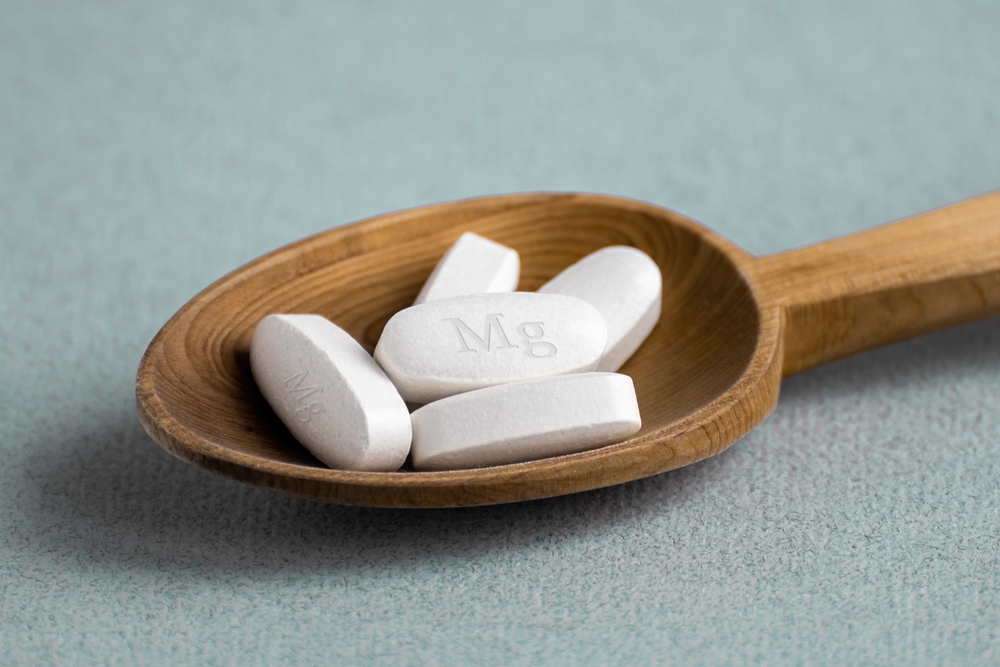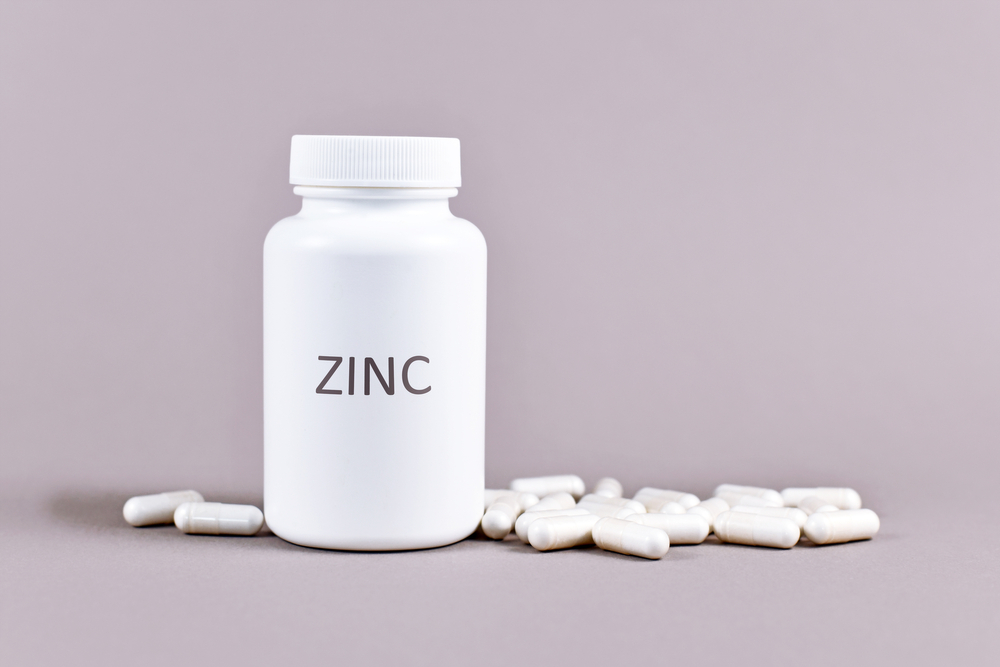11 Essential Supplements to Help Improve Your Wellness
Maintaining good health requires more than just a balanced diet and regular exercise. Supplements play a crucial role in filling nutritional gaps and supporting overall well-being. From boosting immunity to promoting heart and bone health, the right supplements can help enhance your body’s natural functions. Whether you’re looking to improve energy levels or support your skin and joints, incorporating essential supplements into your routine can make a significant difference in your overall health.
This post may contain affiliate links, which helps keep this content free. Please read our disclosure for more info.
Vitamin D

Vitamin D is essential for maintaining healthy bones and teeth. It helps regulate calcium and phosphorus in the body, which are crucial for bone structure and function. Additionally, it plays a role in immune system health, reducing the risk of infections. Many people struggle to get enough vitamin D from sunlight or food sources, making supplementation a good option to maintain proper levels.
Vitamin D also helps in the management of blood sugar levels and may contribute to improved mood and mental health. It supports muscle function and has been linked to a reduced risk of chronic diseases like cardiovascular conditions. Taking a vitamin D supplement can help fill any gaps in your diet or lifestyle, ensuring that your body functions optimally.
Omega-3 Fatty Acids

Omega-3 fatty acids are known for their positive effects on heart health. They reduce inflammation in the body, which is linked to various chronic diseases. Omega-3s help lower bad cholesterol levels and support healthy blood pressure. These fatty acids also play a significant role in brain health, improving cognitive function and reducing the risk of mental decline.
In addition to heart and brain benefits, omega-3s support joint health and skin appearance. They have anti-inflammatory properties, which can alleviate symptoms of conditions like arthritis. Supplementing with omega-3 fatty acids is an easy way to ensure your body gets the essential fats it needs for overall well-being.
Magnesium

Magnesium is a mineral that supports over 300 biochemical reactions in the body. It is involved in nerve function, muscle contraction, and maintaining healthy bones. This mineral also helps regulate blood pressure and contributes to the production of energy. Magnesium is important for sleep, as it plays a role in regulating the neurotransmitters that help the body relax.
Taking a magnesium supplement can help prevent deficiencies, which are common and can lead to issues like fatigue, muscle cramps, and mood disturbances. It is especially beneficial for those who experience high levels of stress, as magnesium supports the body’s stress response and may improve overall mood.
Probiotics

Probiotics are live bacteria that support gut health by balancing the gut microbiome. They help in the digestion of food, absorption of nutrients, and strengthening of the immune system. A healthy gut microbiome is vital for overall well-being, as it influences everything from digestion to mental health.
By supplementing with probiotics, you can replenish the beneficial bacteria in your gut, which may be disrupted by poor diet, illness, or antibiotics. Probiotics have been shown to alleviate digestive issues such as bloating, diarrhea, and constipation. They also contribute to better immune function and may even improve mood and mental clarity.
Vitamin C

Vitamin C is a powerful antioxidant that supports the immune system by protecting cells from damage. It helps the body fight infections and enhances the absorption of iron from plant-based foods. This vitamin also promotes healthy skin by aiding collagen production, which is vital for skin elasticity and wound healing.
Vitamin C is water-soluble, so the body does not store it, making supplementation important for maintaining adequate levels. Regular intake of vitamin C can reduce the risk of chronic diseases, improve skin health, and support the body’s ability to recover from injuries or infections.
B Vitamins

B vitamins are essential for converting food into energy. They support metabolism and play a critical role in brain function, mood regulation, and nervous system health. B vitamins, including B12, B6, and folate, are involved in the production of red blood cells and the prevention of anemia.
Supplementing with B vitamins can improve energy levels, reduce feelings of fatigue, and boost cognitive function. Since B vitamins are water-soluble, they are not stored in the body, and deficiency is common, especially in older adults. B vitamin supplementation ensures the body has the nutrients it needs to perform these vital functions effectively.
Zinc

Zinc is a trace mineral that supports immune function, wound healing, and the synthesis of proteins. It is also involved in cell division, which is important for growth and development. Zinc helps maintain healthy skin and may reduce the severity of acne by controlling inflammation and regulating oil production.
This mineral is essential for DNA synthesis, immune response, and enzyme function. Zinc deficiency can lead to weakened immunity, delayed wound healing, and issues with growth and development. Taking a zinc supplement can help prevent these problems and promote overall health.
Calcium

Calcium is best known for its role in bone and teeth health. It is crucial for the formation of strong bones and helps prevent osteoporosis. Calcium also supports muscle function, nerve transmission, and hormone regulation. Without sufficient calcium, the body may begin to draw from bone stores, weakening bones over time.
Supplementing with calcium is especially important for older adults, postmenopausal women, and those who do not consume enough dairy or plant-based sources of calcium. By ensuring adequate calcium intake, you can help maintain bone strength and overall health.
Iron

Iron is a vital mineral that helps transport oxygen in the blood. It is necessary for the production of hemoglobin, which carries oxygen to tissues throughout the body. Iron also supports energy production, immune function, and brain health. Women, in particular, may need additional iron due to blood loss during menstruation.
Iron supplementation can prevent iron deficiency anemia, which causes fatigue, weakness, and dizziness. Taking an iron supplement is especially helpful for individuals with restricted diets or those who experience high blood loss. It is essential to maintain adequate iron levels for optimal health.
Vitamin E

Vitamin E is an antioxidant that protects cells from oxidative stress and damage. It supports the immune system and helps maintain skin health by reducing the appearance of wrinkles and promoting a smooth complexion. Vitamin E also plays a role in the formation of red blood cells and the prevention of blood clotting.
Taking vitamin E as a supplement can help reduce inflammation in the body, improve skin appearance, and support cardiovascular health. It can also be beneficial for individuals who have difficulty absorbing fat-soluble vitamins or who have dietary restrictions that prevent sufficient vitamin E intake.
Vitamin A

Vitamin A is essential for maintaining healthy vision, skin, and immune function. It supports the health of the eyes by preventing night blindness and maintaining the health of the retina. Vitamin A is also important for cellular growth and immune function, helping the body resist infections and diseases.
Supplementing with vitamin A can be particularly helpful for those who have difficulty absorbing it from their diet. It can promote skin health by reducing the risk of acne and other skin conditions. Ensuring adequate intake of vitamin A helps the body function at its best, keeping the immune system strong and supporting healthy vision.
This article originally appeared on Avocadu.
